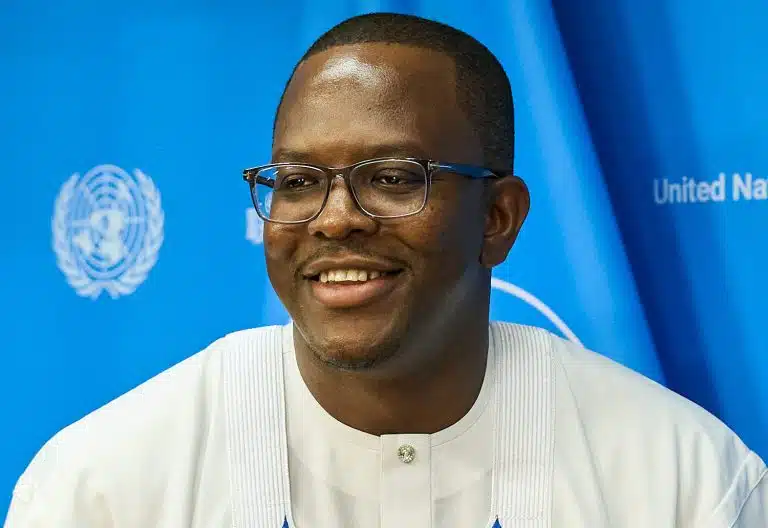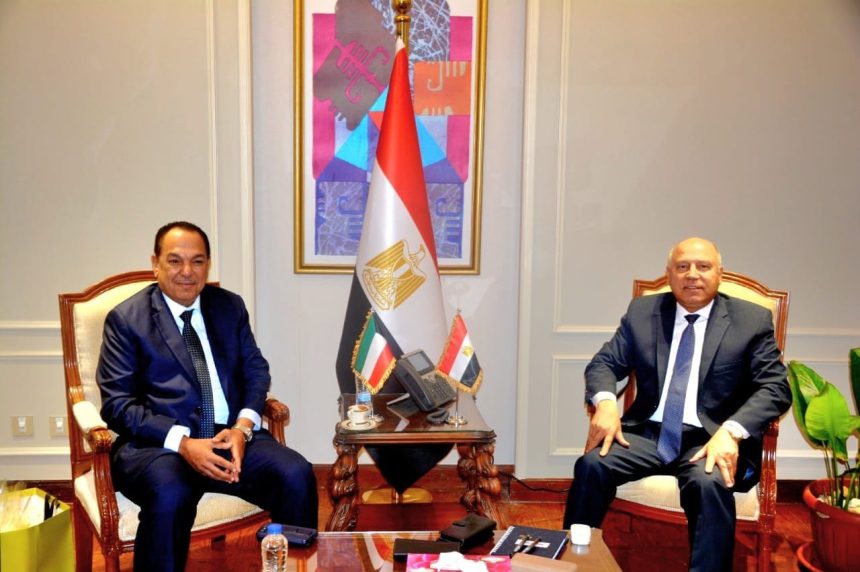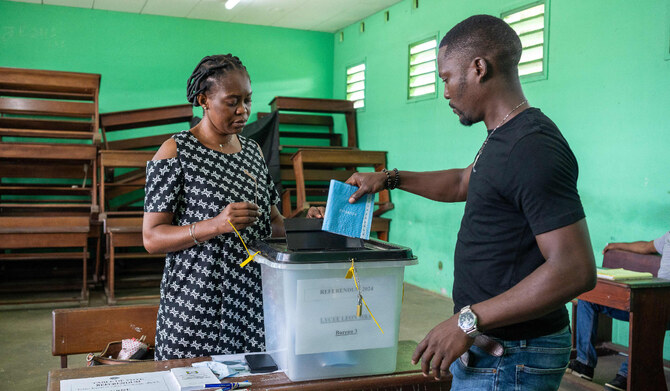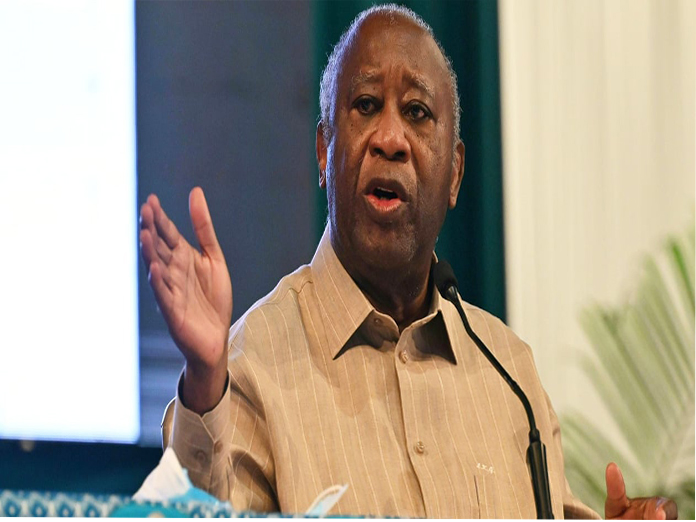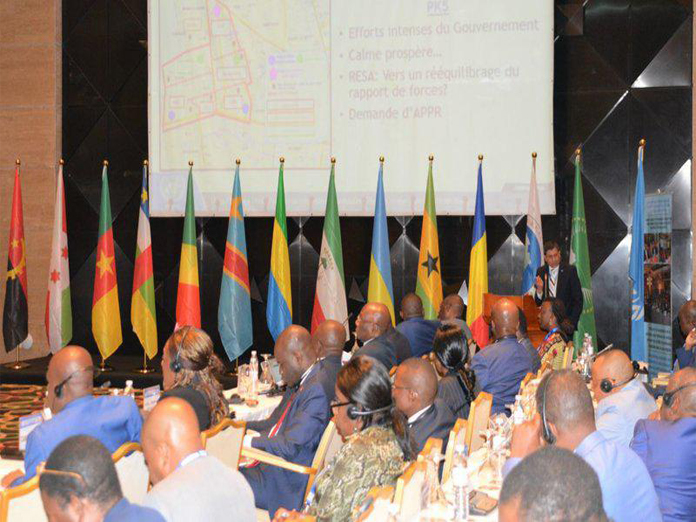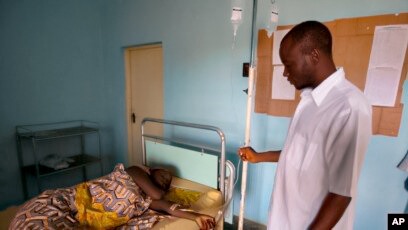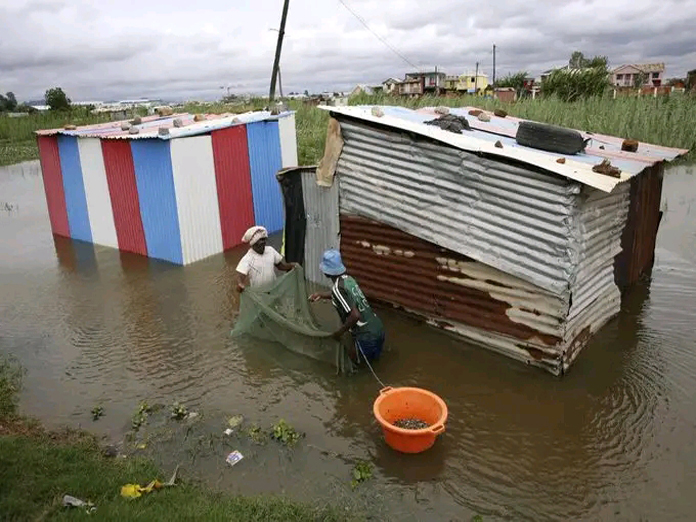Lead: The United Nations Security Council (UNSC) is scheduled to engage in a pivotal debate concerning the representation of African nations within its ranks on August 12, 2024. This session, announced by Sierra Leone’s permanent representative, Michael Imran Kanu, coincides with Sierra Leone’s presidency of the council for the month. It represents a great milestone for Africa in its quest for global recognition
Sierra Leone is set to host a significant discussion regarding the reform of the UNSC, particularly stressing historical injustices faced by African nations. Sierra Leone’s permanent representative, Michael Im-ran Kanu stated that the reform aims to achieve “an equitable geographical distribution,” as outlined in the UN Charter. Sierra Leonean President Julius Maada Bio is expected to preside over the meeting, which will feature notable speakers such as UN Secretary-General Antonio Guterres and UN General Assembly President Dennis Francis, along with a representative from civil society.
Currently, the UNSC consists of 15 member countries, with Africa represented by only three nations—Sierra Leone, Algeria, and Mozambique. The composition includes five permanent members: Russia, China, the United States, the United Kingdom, and France, alongside ten non-permanent members elected for two-year terms.
Secretary-General Guterres highlighted the widespread recognition among UN member states for the need to reform the Security Council, pointing out the absence of a permanent African member. He remarked, “Undoubtedly, it will be very difficult to change this, but we must start with something on which consensus can be reached.”
Additionally, Russian Foreign Minister Sergey Lavrov has underscored the necessity for the expansion of the Security Council to include states from Asia, Africa, and Latin America, countering any increase in Western representation. He emphasized that “the current imbalance in the Security Council, where Western countries dominate, must be rectified.”
This upcoming debate marks a critical step in addressing the longstanding disparities in representation, contributing to a more inclusive dialogue about Africa’s role in global governance


